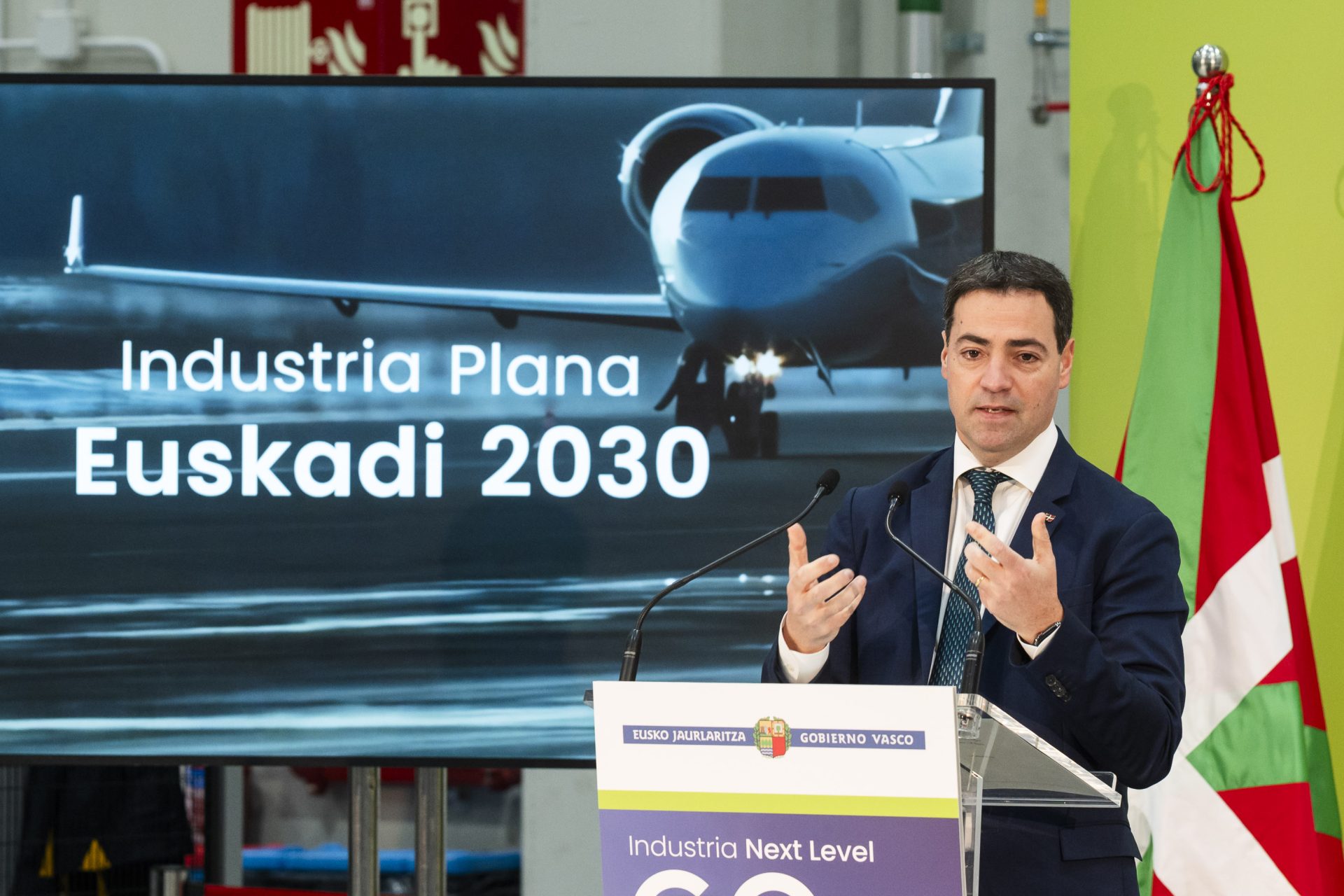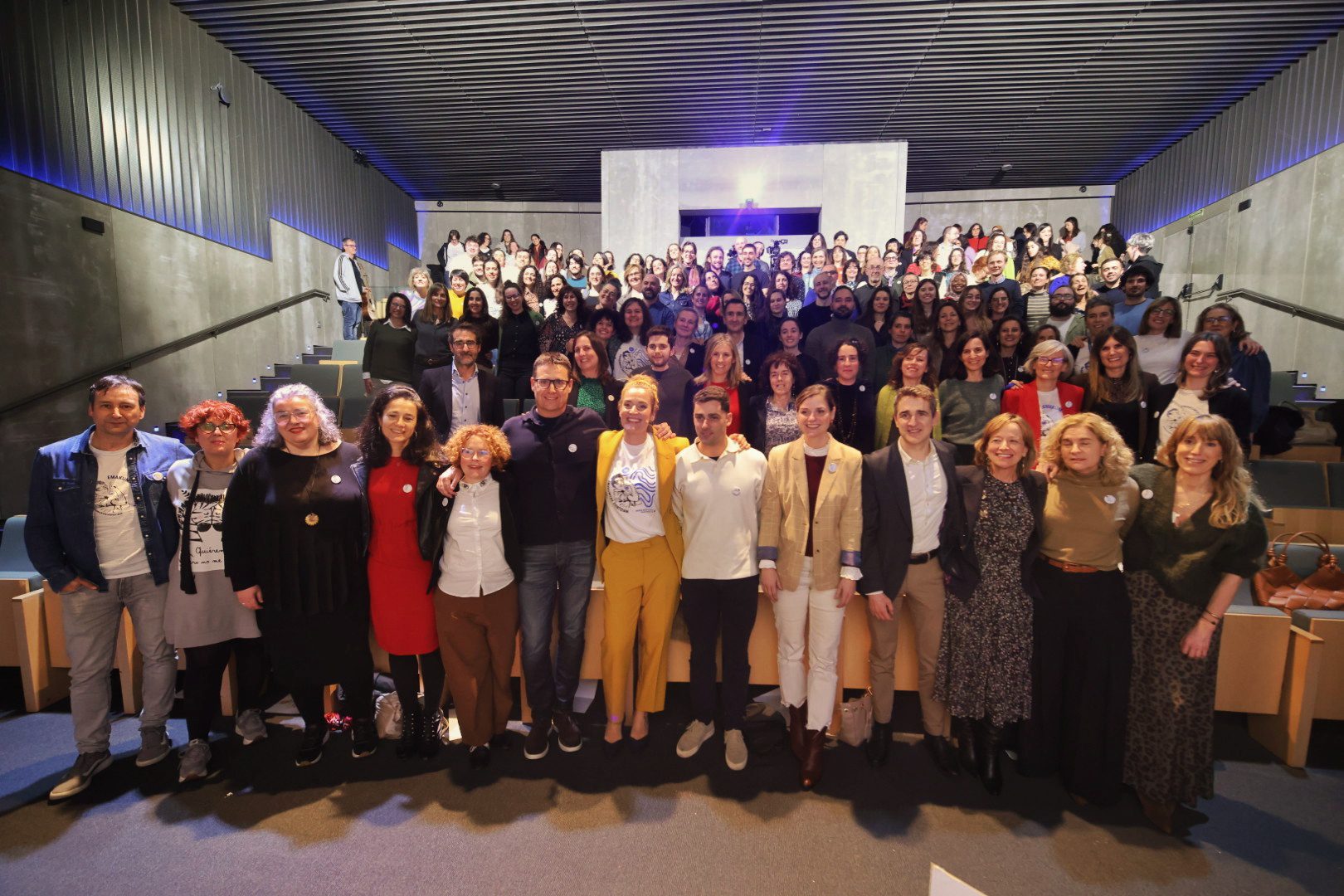The Basque Government presents the ‘Industry Plan – Euskadi 2030’, a roadmap to lay the foundations for the creation of high-quality jobs for future generations
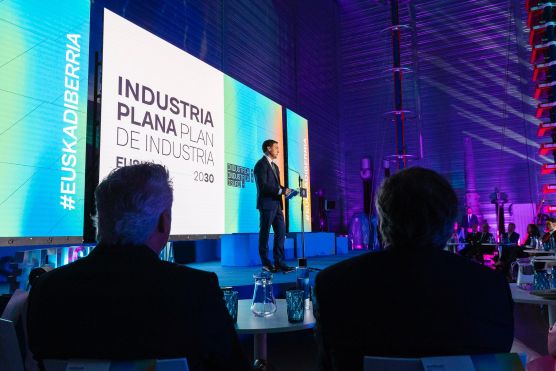
‘We must continue to develop a strong and competitive industry, an essential condition for growth as a country and in terms of welfare’, insisted Imanol Pradales.
‘The main novelty of this Plan are the transforming projects, which make the strategic priorities a reality. They are conceived as opportunities for collaboration at a national level to generate new industrial fabric’, said the Regional Minister for Industry, Energy Transition and Sustainability, Mikel Jauregi.
The Plan proposes 20 transformative projects and the Basque Government will invest 3.9 billion euros up to 2028 to transform the industrial fabric of the Basque Country.
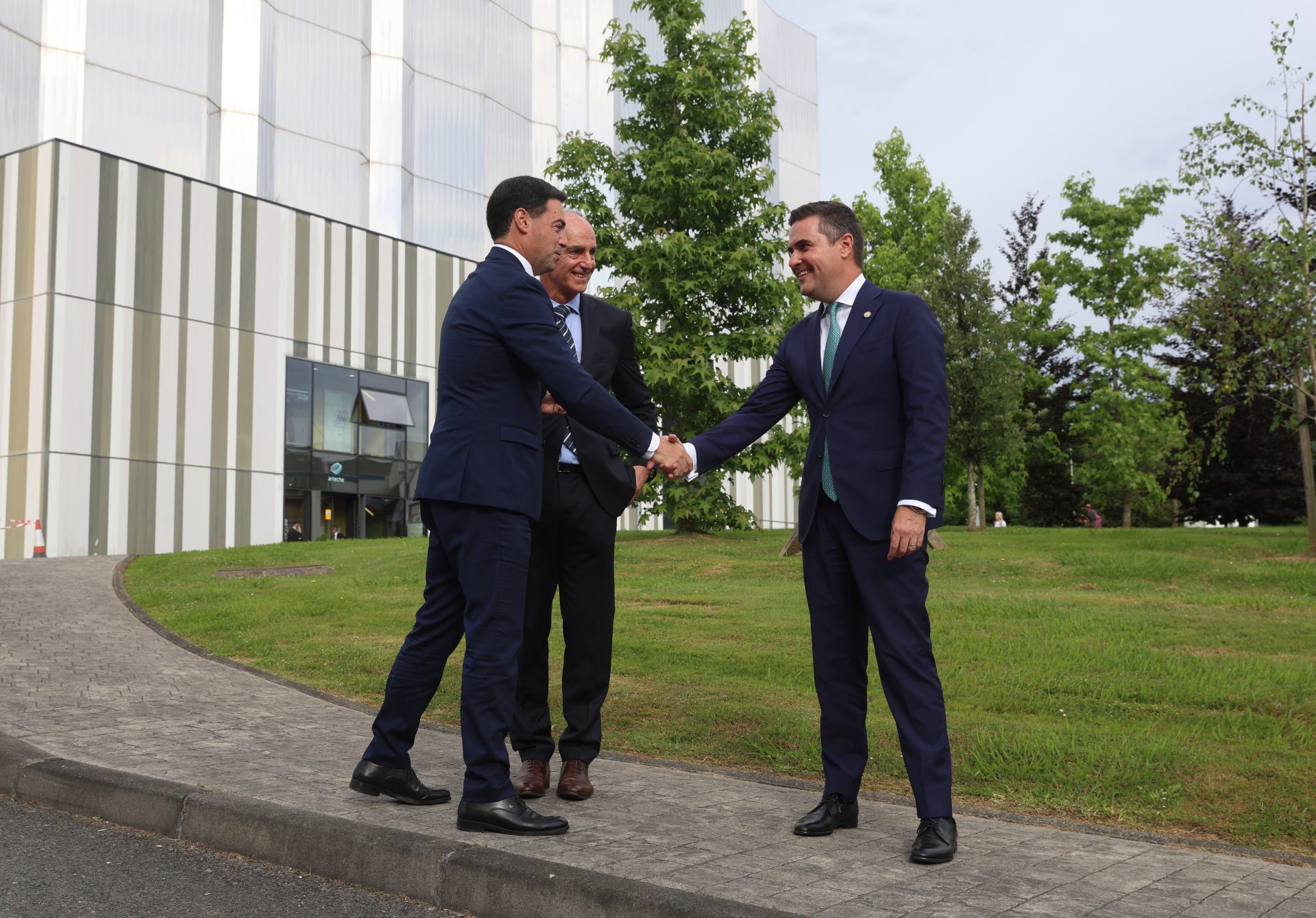
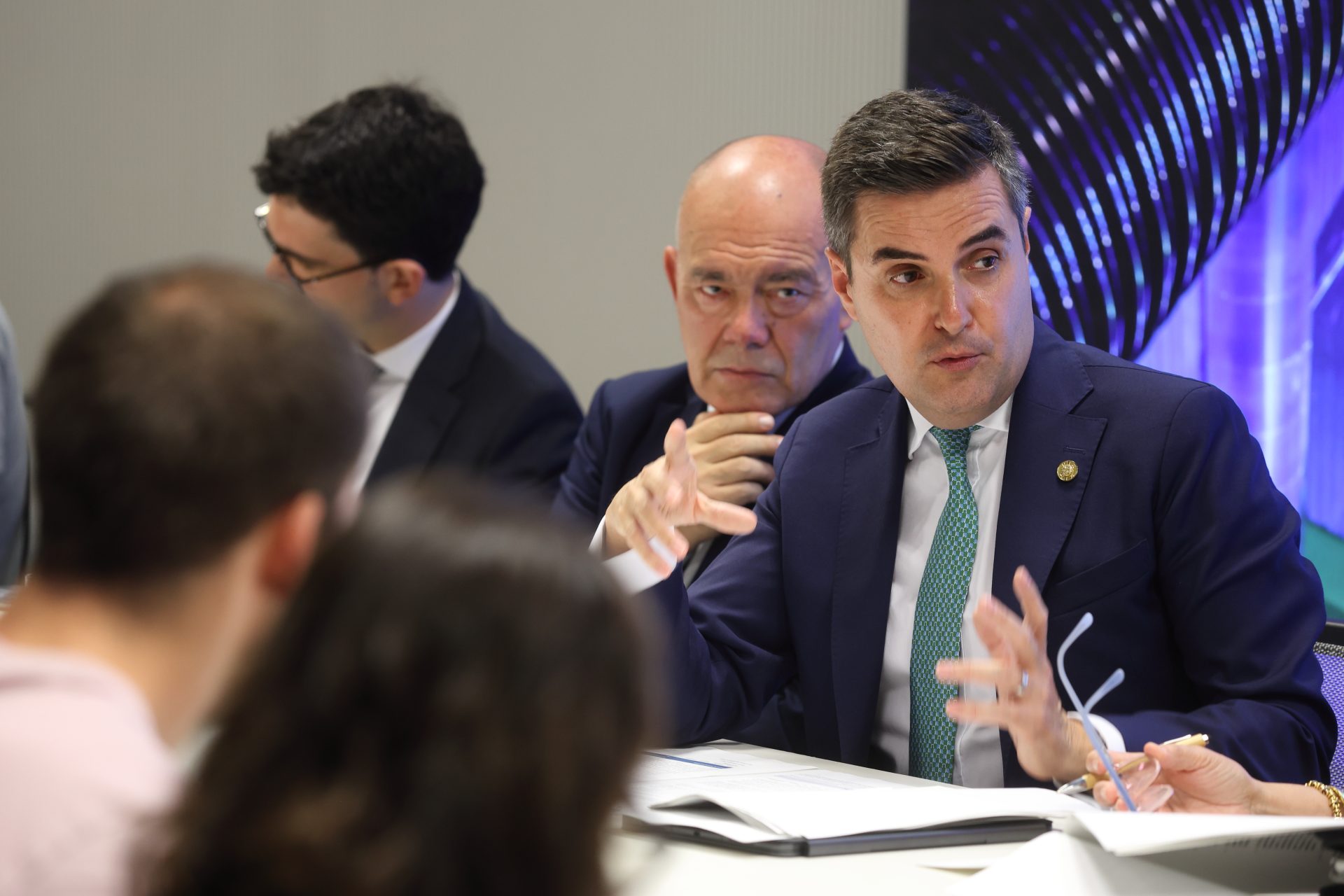
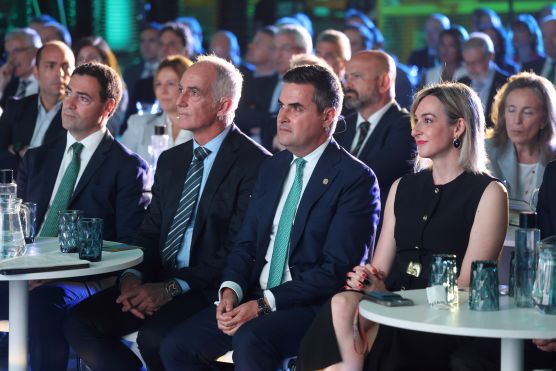
‘This Plan lays the foundations for the Basque Country to be, to the extent of our possibilities, a protagonist in the path taken by Europe. We have the ingredients to be one of the leading territories in European reindustrialisation’. With these words, the Lehendakari Imanol Pradales defined the new ‘Industrial Plan – Euskadi 2030’, presented in the electrical laboratory of the Arteche family business in Mungia.
Accompanied by the Minister for Industry, Energy Transition and Sustainability, Mikel Jauregi; the Minister for the Treasury and Finance, Noël d’Anjou, and the Minister for Science, Universities and Innovation, Juan Ignacio Pérez Iglesias, Pradales detailed the key actions of the document that will set out the Basque Government’s strategic lines for industrial transformation and the creation of high-quality jobs for future generations. ‘We must continue to develop a strong and competitive industry, an essential condition for growth as a country and in terms of welfare’, explained Pradales.
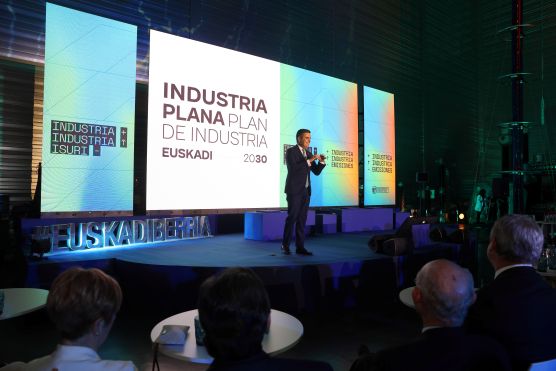
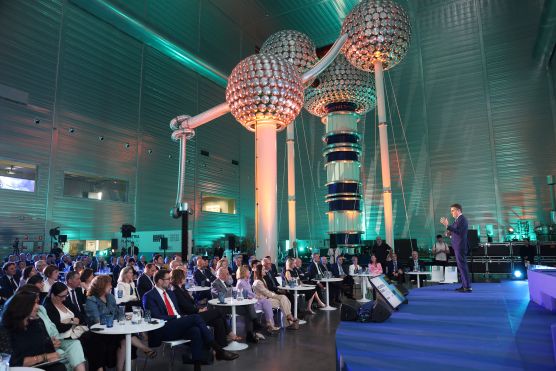

The Basque Government’s new Industry Plan envisages a public allocation of 3,900 million euros, and aims to leverage 12,000 million euros in private investment, thus mobilising 15,900 million euros in public-private investment during this term of office to transform the industrial fabric of the Basque Country.
The Industry Plan prioritises investment in both current driver sectors (automotive components, energy, advanced manufacturing, metallurgy and sustainable mobility) and sectors with future driver potential (aerospace, bio-health, advanced digital solutions, smart grids and storage, renewable fuels). Investment in R&D&I, digitalisation and new energy infrastructures will also be strengthened. Among the 15 strategic priorities are business rooting, attracting foreign investment, developing new talent, attracting women to the industry, decarbonisation, increasing the size of SMEs and boosting the adoption of AI.
Transformative projects
The twenty transformative projects included in the Plan, 10 under the leadership of the Basque Government and 10 under the leadership of companies representing the productive fabric, are articulated around three main axes: more industry, better industry and fewer emissions, and respond to European strategic priorities: innovation, decarbonisation, strategic autonomy and de-bureaucratisation, thus contributing to the process of reindustrialisation of the continent.
In the words of the Minister of Industry, Energy Transition and Sustainability, ‘the main novelty of this Plan are the transformational projects, which make the strategic priorities a reality. They are conceived as opportunities for collaboration at country level to generate new industrial fabric, they will be governed by business plans and results will be demanded’.
‘In the face of uncertainty we have to rely on our certainties as a country: a commitment to industry and collaboration, elkarlana. It is now and it is up to us’, concluded Jauregi.
Integral vision and shared strategy
During his speech, the Lehendakari also stressed that, in the current scenario of instability and uncertainty, ‘our future passes, without a doubt, through industry and through Europe’. ‘It is time to take courageous decisions so that, in this turbulent world, Europe can recover its lost weight and ensure our strategic autonomy in two directions: competitiveness and comprehensive security’, said Pradales.
In this context, the new Plan is aligned with the European Commission’s ‘Clean Industrial Deal’ and ‘focuses on two challenges that we share in the Basque Country’, explained Pradales. ‘On the one hand – he said – on energy-intensive industries, which require urgent support to decarbonise, electrify and cope with high costs, unfair global competition and complex regulations that harm their competitiveness. On the other, in the clean technology sector, which is at the heart of future competitiveness and necessary for industrial transformation’.

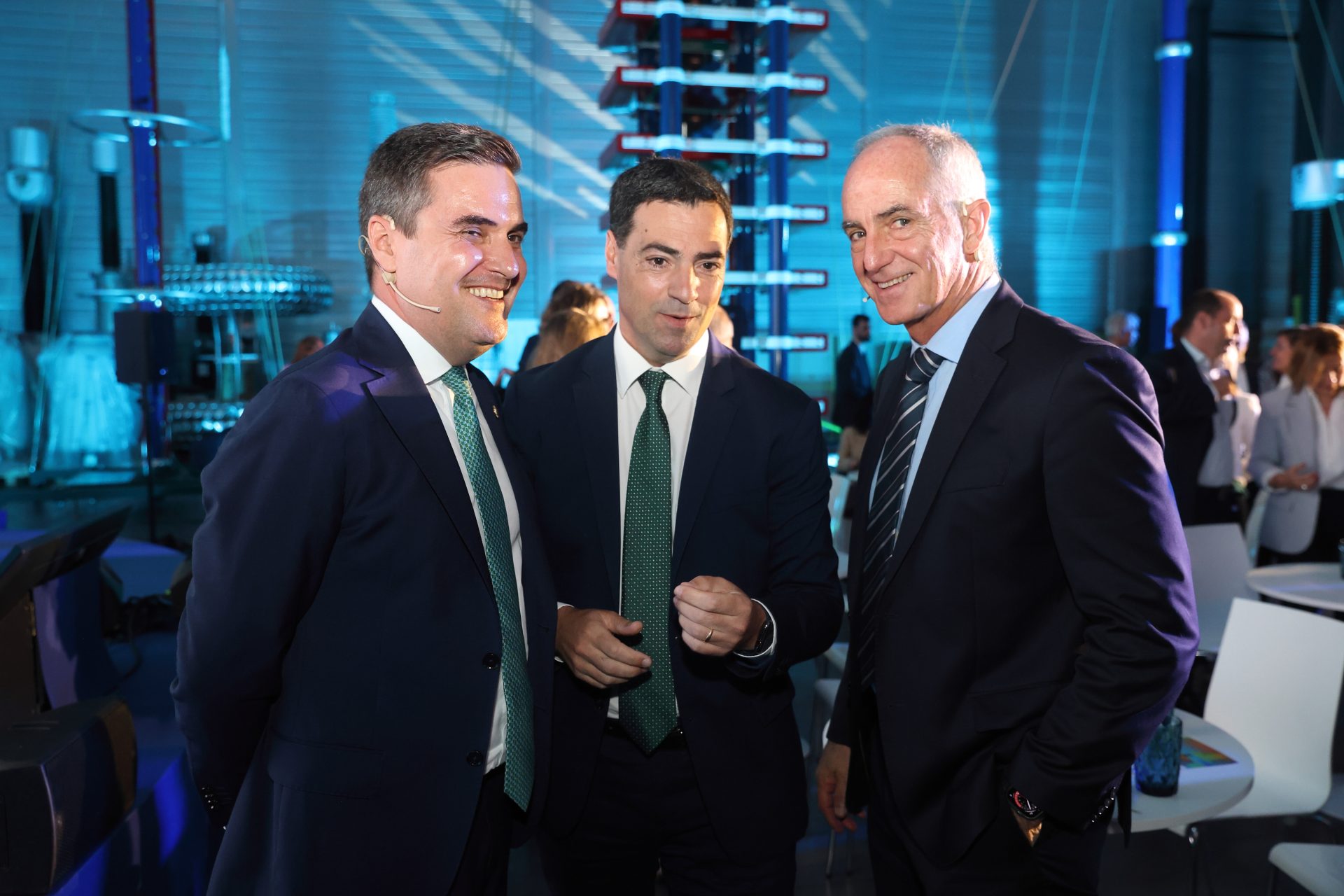
The aim of this plan ‘with a comprehensive vision and shared strategy’, the Lehendakari stressed, is to ‘propose the roadmap for the industrial transformation that this country needs’. To do this,’ he pointed out, ’we must activate and align all of the Basque Country’s capacities, promote economic transformation and competitiveness, defend our industry and guarantee quality employment. We have to be agile in order to make the most of our strengths and our industrial and scientific-technological potential. Our future is at stake in this challenge’.
The Industry Plan will be developed in coordination with the Science, Technology and Innovation Plan 2030 (PCTI) and with the future Investment Plan of the Basque Financial Alliance, with the conviction that ‘there is no industrial development without technological capitalisation’.
The Plan’s governance will be structured through a pioneering system, made up of the Basque Industry Council, a Strategic Committee and a Technical Management Office run by the SPRI Group, with the active participation of the 17 industrial clusters and the BRTA – Basque Research & Technology Alliance, which brings together the 17 technology and cooperative research centres in the Basque Country.
The document that has been presented has been drawn up by the Basque Government with the collaboration of public institutions, industrial clusters, business organisations, benchmark companies and the European Commission. From now on, a process of socialisation with social, economic and business agents will begin in order to enrich the plan and give shape to the Transformative Projects. The final version will be approved by the Governing Council and sent to Parliament after the summer.
